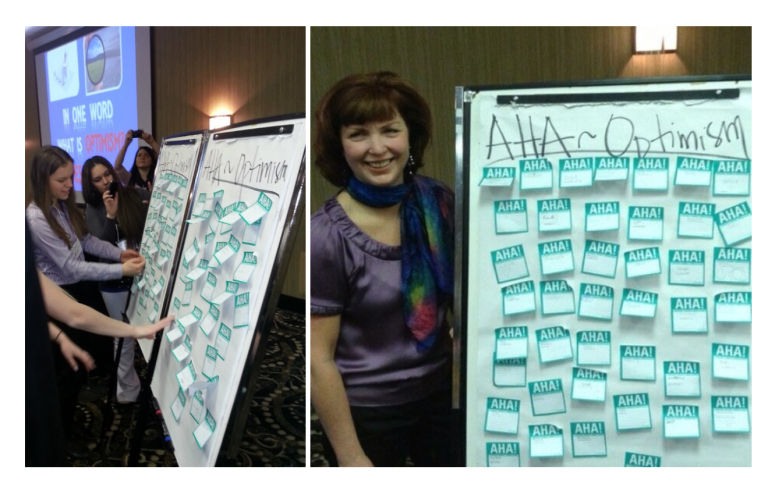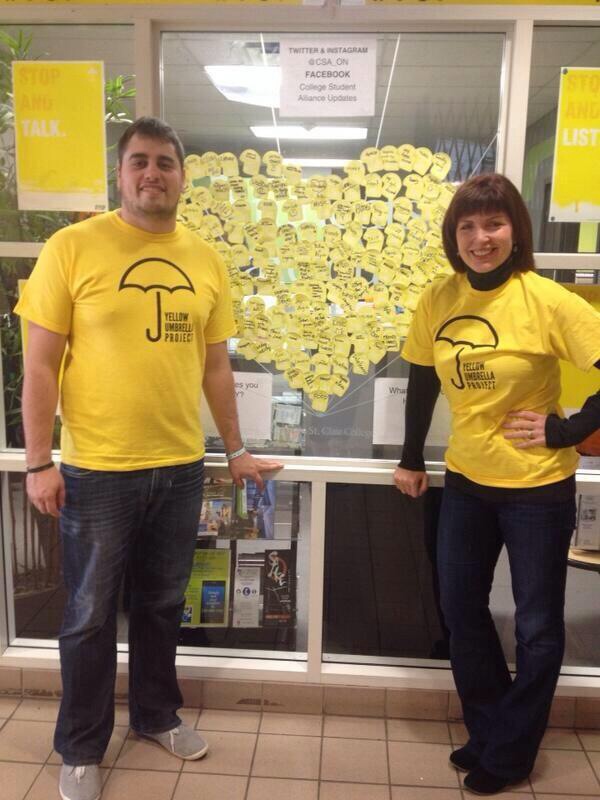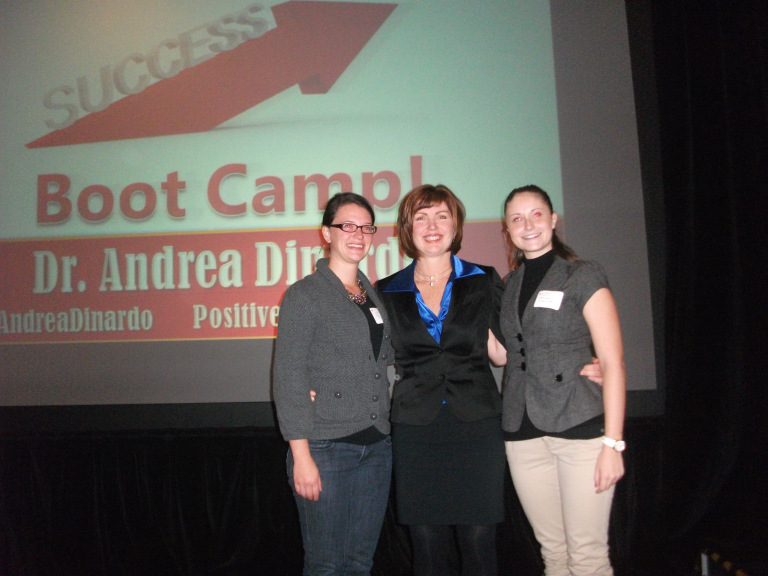Positive vs. Traditional Psychology
“While traditional psychology focuses its attention on pathology and problems, in the relatively new field of positive psychology, researchers strive to explore and understand the strengths of individuals that contribute to their flourishing.” Source: Psychology Guide
PHILOSOPHY OF EDUCATION
Strengths first
I am passionate about what positive psychology can do for students and educators in and out of the classroom.

By first focusing on what is right, before examining what is wrong, students are motivated to move beyond, and in some cases, be transformed by their current limitations, history, and circumstances.
Strengths Assessment and Awareness
Click Here: VIA Character Strengths Inventory

Positive psychology is not about being happy and successful all the time.
Happiness is aspirational like a delicious meal at a 5 star restaurant. Wonderful but not to be expected, at every meal, all the time. Otherwise, we set ourselves up for disappointment on the Kraft Dinner days.
Positive Psychology vs. Toxic Positivity
The intention of positive psychology is to bring out the best in us.
In a balanced way that respects the ebb and flow of life.
Negativity is to be expected.
The question is – how long do you stay there?
POSITIVE PSYCHOLOGY IN THE CLASSROOM
As a professor, I believe it is paramount to create a safe and uplifting atmosphere in the classroom.
A secure and consistent milieu where students know what to expect class to class, week to week, semester to semester.
A place where students build upon their strengths and confidently explore their weaknesses.
— Link to: Broaden & Build Theory of Positive Emotion

The yellow t-shirts are from the Yellow Umbrella Project, an Ontario wide college campaign for battling the stigma of mental illness on campus.
In Summary
Positive psychology and student empowerment
My highest goal is to work with students in a way that empowers and encourages them to become the best version of themselves. Cultivating success in a way that is unique to them.
Ultimately, reminding students of their gifts, while encouraging them to embrace their challenges. For we are the sum total of all that is powerful and vulnerable – within and around us.
And it is this extraordinary combination of challenge and opportunity that makes our world and our classrooms a fascinating place to live, learn, grow, and thrive!

The photo above is from a leadership conference for college students where I discussed the connection between optimism and student success.
— Link to: Positive Psychology Interview


Love, love, love this Andrea on so many levels. I totally see you practice what you preach, and I bet your classroom is entirely safe, uplifting and full of possibility.
So great to see what you are doing with these nursing students. Thank you.
Love,
Debbie
Ahhh thank you Debbie! I can feel the breath of fresh air in your words. We see who we are – so it’s no doubt that you create the same uplifting atmosphere in your forgiveness coaching practice.
Always wonderful to hear from you!
Andrea xo
Ditto to all that’s here Dr. D! Also, hope you have a great beginning of the semester ❤
Yesssssss Dr. G! 💖
You are my soul sister through & through.
You teach & lead from a place of positive energy & higher vision.
Wishing you an amazing start to the 2019-20 school year too!
Thank you my blogging buddy prof ❤
In parenting and discipline, I’ve been interested in the concept of “catch them being good.” It’s not one of my strong suits, but I am in pursuit.
I love that Jay! One of my favourite sayings in the classroom. (I also teach ‘teachers in training’) Thank you for sharing! Your sense of humour has me smiling especially wide. 😀
Watched your video, great attitude!
Thanks so much for watching Joanne.
When you look for the good – you find it.
When you look for the bad – you find it.
Focus + Choice is everything!
Don’t know if that was an ‘off the cuff’ remark or part of your mantra, but that is real pearl of wisdom right there. Thank you.
100% my daily mantra ☀️💖
Continue smiling and shining your light to those around you especially these beautiful young women to lead meaningful and fulfilling lives.
You too Bernice! Your writing always lifts me up.
It must be rewarding to have picked a career that helps others. A great teacher leaves a vast wave.
Ok, my two cents: in “Psychopath Whisperer, Kent Kiel studied psychopaths in prison starting soon after college.
He determined a psychopathic mind was that way in adolescents. The first people interested in his conclusions were judges and lawyers. How responsible is a psychopath who murders.
What shocked was a special school they enrolled a few young psychopaths. No negativity existed in their daily regimen, all encouraging, positive input.
A few of them lead normal lives.
Interesting study. Thank you for sharing Marty! I teach a course on abnormal psychology in the liberal arts program. I will definitely look Kent Kiel’s book up. Especially for my lecture on psychopathy and antisocial personality.
Knowing how the mind works, how certain minds work helped me heal from ptsd. Looking at war and soldiers helps understand ptsd more.
Knowing and becoming friends with our fight or flight mechanism is a must. Know thy enemies strengths.
Again you do great work
Thank you so much Marty! 📖 📚
For the book link & the encouragement.
Kudos Andrea. I admire you and what you do. Keep on shining!
Thank you Brad! You always know how to energize my posts. Whether it be through comments or through your own beautiful blog. Together we share the same message of empowerment – via human nature & nature itself. Have a wonderful weekend! Andrea
What a beautiful comment Andrea. I’m glad to share in the upliftment. 🙂
Hi Andrea,
Long time & hope all is well. All ok here & ‘dipping in’ during my blogging break.
This post resonates so much with me personally. I started the real learning of Health Visiting aged 25 years when visiting my caseload of 200 families with children aged 0- 5yrs years in a socially deprived area of north west England.
I had moved from the safe team hospital team environment and a uniform into the big wide world where life was not as black & white & I could not hide behind my powerful uniform. I had to ‘sell myself’ as a person & was viewed as ‘the oracle’ by them.
I worked in Northern Ireland against the basckground of ‘the troubles’ and in other parts of north west England until I retired aged 55 years.
I ‘broke in two’ aged 42 yrs and had to jump through hoops to prove competency on my return to work in the ‘caring’ profession.
My last five years I feel were my best as I had ‘been there’.
Thank you for the reminder Andrea. 🙂
Your story gives me goosebumps Margaret. Similar to how I describe my experience in my video “Life Lessons of a Young Psychologist”, Heartwarming knowing that you have made your way back & UP to a place of healing and self-compassion. So often the tenderest hearts are the first to break. But my, oh, my do they come back STRONG & FULL. Thank you for continuing to share you wisdom Margaret. I sit here strengthened by you & your journey from hurt to hope. Andrea xo
Thank you for those kind words Andrea. Heartwarming to hear am able to strengthen you. Never thought sharing my experience to be sharing wisdom. Interestingly enough an ex manager of ours used to say applying gut feeling to our work with families was practice wisdom. Thank you for that reflection.
Take care ❤️👍
So lovely to see this exchange. ❤ Blessings to you both!
Andrea, you are amazing!! Your positivity and your love for your “work” and your students is within every word that you share with us! The ripples that will continue to flow out from your students will be felt by so many!
Blessings, Sandy
xo
Thank you so much Sandy!
Like so many others, I came to this place of positivity via adversity and tough times.
As a young psychologist (early in my career), I was overwhelmed by the intensity and breadth of the problems I was expected to solve.
Over time, I have come to learn (and teach) that it’s not the problem-solving that people need – it’s the safe, comforting, space to be themselves.
The highs and the lows. The good times and bad. All are opportunities to learn and grow.. together.
Grateful that you took the time to read and encourage Sandy.
Your heart based practices always lift me up! xo
Perfectly stated and we all need role models! (And you are one!) All of us vulnerable, human, and always Love at our hearts! ❤️❤️
Thank you Sandy!
The video below is from a positive psychology talk I did for female leaders in our community on compassionate fatigue: